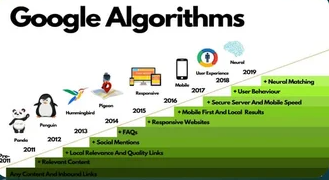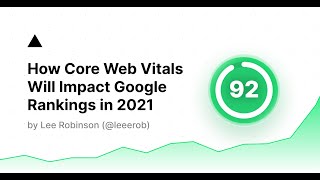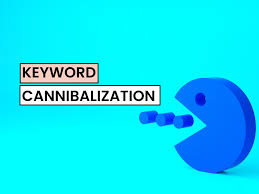Google’s search algorithm is a complex and sophisticated system that determines the ranking of web pages in search results. Google uses a variety of factors to deliver relevant and high-quality results to users. Please note that there may have been updates or changes to the algorithm since then.

Here are some key components of Google’s search algorithm:
- Crawling and Indexing: Google uses automated bots known as spiders or crawlers to browse the web and collect information from web pages. This information is then indexed, creating a searchable database.
- Relevance: Google aims to provide users with the most relevant results for their queries. To determine relevance, the algorithm analyzes various on-page factors such as keywords, content quality, and structure.
- Page Rank: Developed by Google’s founders Larry Page and Sergey Brin, PageRank is a link analysis algorithm. It assigns a numerical weight to each element of a hyperlinked set of documents, with the purpose of measuring its relative importance within the set. The more links a page receives from high-quality and relevant sites, the higher its PageRank.
- User Experience: Google considers factors related to user experience, such as page loading speed, mobile-friendliness, and overall site performance. Websites that offer a positive user experience are likely to rank higher.
- Content Quality: High-quality, informative, and authoritative content is given priority. Google assesses the relevance, depth, and originality of content when determining rankings.
- Keyword Relevance: Keywords play a crucial role in search engine optimization (SEO). Google assesses how well a page’s content aligns with the user’s search query.
- Freshness: Google values recent and up-to-date content. For certain types of queries, especially those related to news or current events, the algorithm may prioritize recent content.
- Social Signals: While the impact of social signals on rankings is debated, Google may consider social media mentions, shares, and links when determining a page’s authority and relevance.
- User Behavior: Google monitors user behavior, including click-through rates, bounce rates, and time spent on a page. This information helps assess the relevance and usefulness of search results.

It’s important to note that Google’s search algorithm is continually evolving, and the company regularly updates it to improve search quality and combat spam. To stay informed about the latest developments, it’s advisable to check official announcements from Google or reputable sources in the SEO community.
Google’s algorithms are a complex system used to retrieve data from its search index and instantly deliver the best possible results for a query. .
In its early years, Google only made a handful of updates to its algorithms. Now, Google makes thousands of changes every year.
Interestingly, this update is being released at the same time as Google’s November core update. The simultaneous deployment means that websites may experience changes in search rankings due to both core algorithm shifts and specific adjustments in review quality assessments.
Major Algorithm Updates for SEO:
- BERT and Natural Language Processing:
Google’s BERT upgrade, which debuted in prior years, is projected to evolve further in 2024. This upgrade improves Google’s comprehension of context and natural language, stressing the significance of generating context that is consistent with how consumers express their queries. To address this algorithmic shift, SEO strategies should use natural language and context-rich content.
- Video and Visual Search Optimization:
Visual content is gaining significance, and Google is expected to prioritize video and visual search results. SEO experts must optimize for visual search, including picture and video SEO, to remain visible in search results. Integrating visually appealing aspects into context will be critical for maintaining relevance.

Future of SEO in 2024:
- AI and Machine Learning Integration: The future of SEO is inextricably related to the combination of artificial intelligence (AI) and machine learning (ML). Search engines are anticipated to deploy new technologies to better understand user behavior and preferences. SEO experts should stay informed about AI technologies and approaches and incorporate them into their plans to gain a competitive advantage.
- Voice Search Optimization: With the rise of speech-activated devices, optimizing for voice search is expected to become an important part of SEO by 2024. SEO experts must modify their tactics to meet the complexities of voice-activated inquiries, ensuring that their content stays accessible and relevant in this evolving market.
- E-A-T (Expertise, Authoritativeness, Trustworthiness): Impactful Google update emphasis on the E-A-T principles—expertise, authoritativeness, and trustworthiness—remains critical. To establish a strong online presence, SEO experts must position themselves as industry experts who continuously produce high-quality, reliable content.
As we enter January 2024, the SEO landscape is changing dramatically due to the anticipated Google algorithm update. Adapting to developing algorithms, optimizing for user experience signals, and embracing emerging trends such as AI, voice search, and E-A-T principles are critical for SEO experts who want to succeed in the dynamic world of search engine optimization. The future of SEO in 2024 has both challenges and possibilities, and remaining knowledgeable and adaptable will be critical to success in an ever-changing digital landscape.






Leave a comment